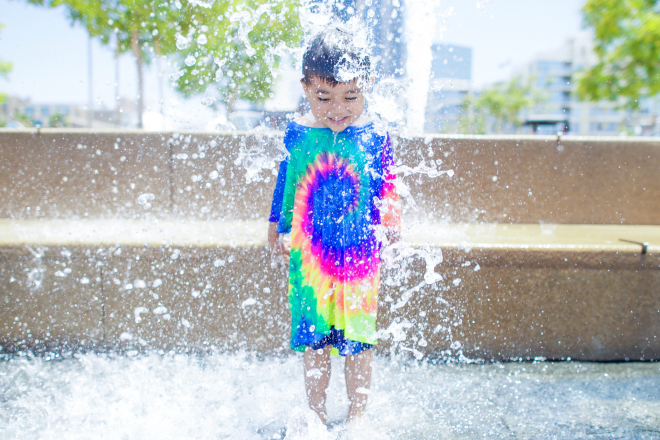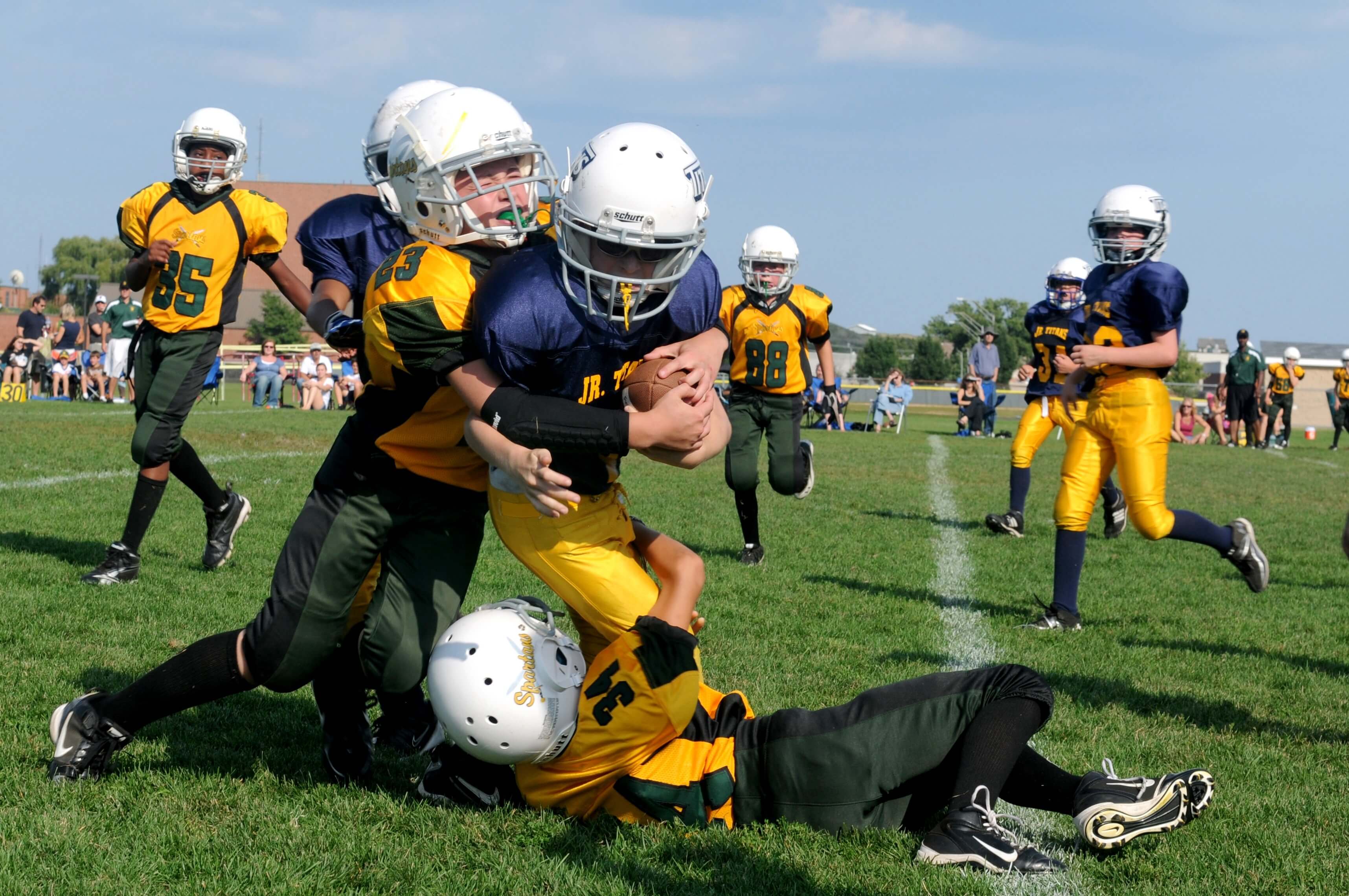BROUGHT TO YOU BY BUPA
Spending quality time with your kids is important, whether that means chasing them around the park, dancing together in the living room, or simply enjoying a game of catch. Unfortunately, not all of us have the time – especially when we live in such a fast-paced city like Hong Kong. So, to help us out, we sat down with Dr Luke James, medical director at BUPA UK, to find out how we and our little ones can stay active, spend some quality time with each other, and most importantly, have fun together.
[pro_ad_display_adzone id="73367"]

You might find that there are days when your child doesn't want to get off the sofa or is glued to their favourite TV show, video games, or toy. Of course, that's okay sometimes – and very normal too. But at the same time, parents should be aware that their kids should ideally be doing a fair amount of physical activity most days. UK guidelines recommend an hour per day for children over the age of five, and three hours or more of active play for toddlers every day.
But don't worry, we haven't forgotten about all you hard-working parents out there. Just like your child, you need a good amount of physical activity too – about 30 minutes of moderate to intense exercises, five days a week. That means exercises that gets you a bit sweaty, or breathless, and raises your heart rate. With these guidelines in mind, if staying active can benefit everyone in your family, then why no do it together? Here are six fun suggestions for how you can do just that:

1. Make it Part of Your Routine
Being active will come easier if you make it a part of your daily lives. Try
walking or cycling to school together, for instance. Cycling can help to improve children’s balance, movement, and confidence. You can also try building exercise into your weekend routine, for example, you and your child could
go swimming every Saturday. Swimming helps to improve your heart, lung, and muscle health for both adults and children. And heading to the pool doesn’t always need to feel like an exercise session – even just playing around with inflatables can contribute.

2. Take Your Child's Lead
See what your child enjoys and do it together. That could mean anything from
walking the dog, having a scavenger hunt, hiking, playing with a ball in the park, flying a kite, trampolining, to joining fun runs. Just like you, your children are more likely to want to keep up with forms of activity that make them feel excited.

3. Make the Most of the Seasons
Spring and summer days can be the perfect times to visit outdoor pools or organise a sports day with friends in the countryside. When winter arrives, try sledging in the park if you have snow, or indoor (dry slope) skiing even if you don’t. Ice skating is another nice seasonal activity.

4. Try Group Activities
Does your child have the opportunity to swim with other kids at school or with a club? They might also enjoy a dance class or playing netball, hockey, badminton, or football. While your kids are doing these group activities, you can use this time to do your own favourite exercise. Better yet, you could consider joining a group too.

5. Make Household Chores Fun
You can make household chores fun by doing them together. Time to tidy up? Turn the job into a race and see who is the fastest. Or put on some music and make your housework a song and dance performance. Washing the car is another great idea – just watch and see how long it takes to turn into a water fight.

6. Focus on Muscles and Bones
There are lots of
traditional childhood games that are great for building muscle and bone strength. It could be climbing a tree (with adult supervision), playing on the swings, skipping, or playing hopscotch. Gymnastics and dancing are good muscle and bone builders, so is touch rugby. As for the adults,
keeping your muscles and bones strong is also important as you age, so it only makes sense to try these things together and make it a fun, memorable family activity.
[su_note note_color="#eeeeee"]
 bupaglobal.com
bupaglobal.com | 2531 8586 |
[email protected] [/su_note]
DISCLAIMER: This article was designed and produced by Bupa Global by searching internal and external data and information for information provision and reference purposes only. Any views or information mentioned and set out in this article/webpage are based on general situations. Readers should not regard them as medical advices or medical recommendations. Before making any decisions about the theme of this article, you are recommended to seek independent advice from suitable professionals (such as doctors, nutritionists, etc.). It is clearly stated that Bupa Global will not bear any responsibilities for others’ usage or interpretation of the information listed in this article. When preparing and/or updating this article, Bupa Global endeavours to ensure that the content is accurate, complete and updated but will not bear any responsibilities nor make any warranty or guarantee for the accuracy, completeness and timeliness of the information or for any claims and/or losses caused thereby.







 bupaglobal.com | 2531 8586 | [email protected] [/su_note]
bupaglobal.com | 2531 8586 | [email protected] [/su_note]